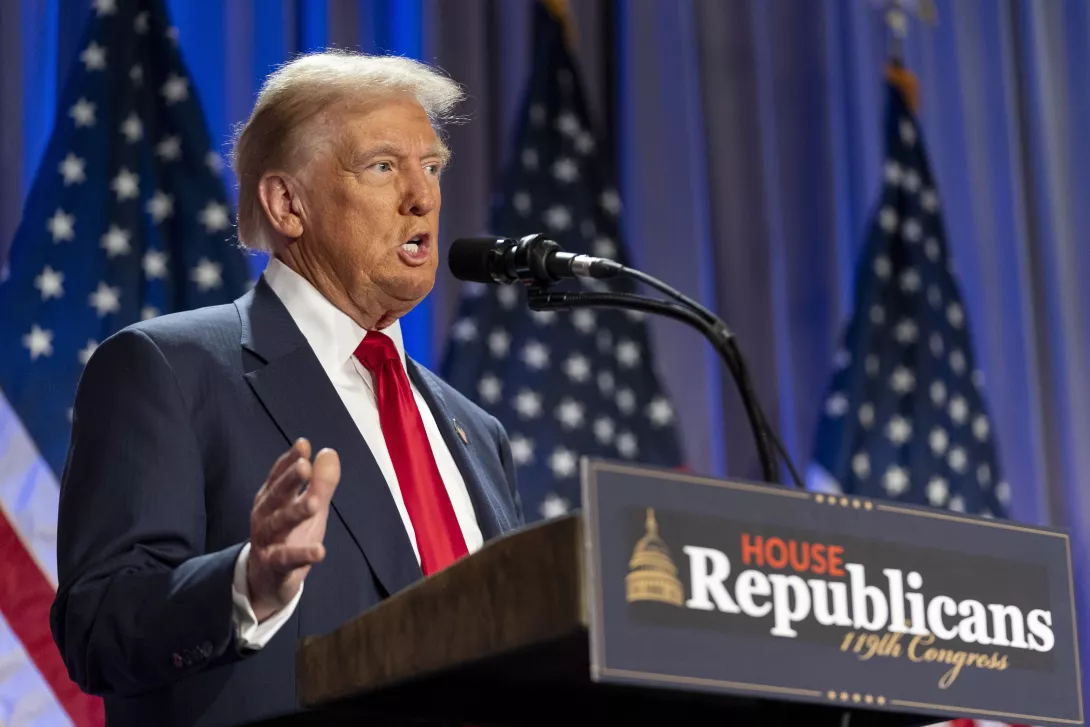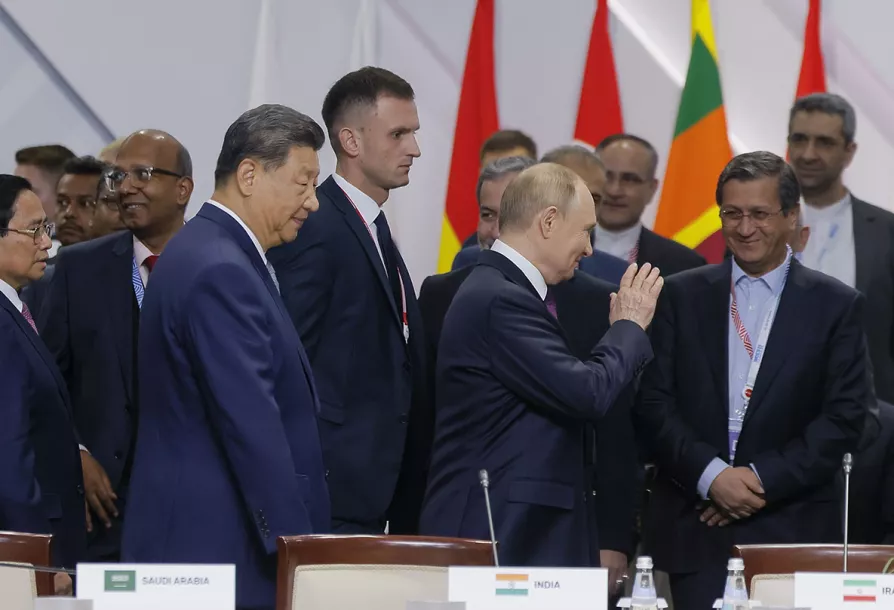De-dollarisation advances the cause of global peace and threatens the Trump agenda
PUNDITS are busy sifting US President-elect Donald Trump’s nominations for key roles in his administration for signs as to how he will approach world politics, dividing his picks into “America first” hawks and neocon uber-hawks.
They might be better looking at the factors driving US foreign policy, which turn first of all into the weakening power of US imperialism and its efforts to maintain the global hegemony it secured at the end of the cold war.
One Achilles heel is the position of the dollar as effectively the world’s reserve currency. It sits alongside the strength of the US’s hypertrophied military as one of the two pillars of US global dominance.
More from this author

The Morning Star’s Alexander Norton spoke to the Connolly Youth Movement's ALEX HOMITS as he began his third term as General Secretary of the communist youth organisation, following the conclusion of its Ard Fheis (congress)

First in a new series of Morning Star profiles, fast food worker Melissa Evans explains why it's time for a strike at the red and yellow flagship brand of capitalism itself: McDonald's

Speaking to Alexander Norton, WAHSAYAH WHITEBIRD talks about the opportunities and challenges in being the only explicitly Communist elected official in the English-speaking world
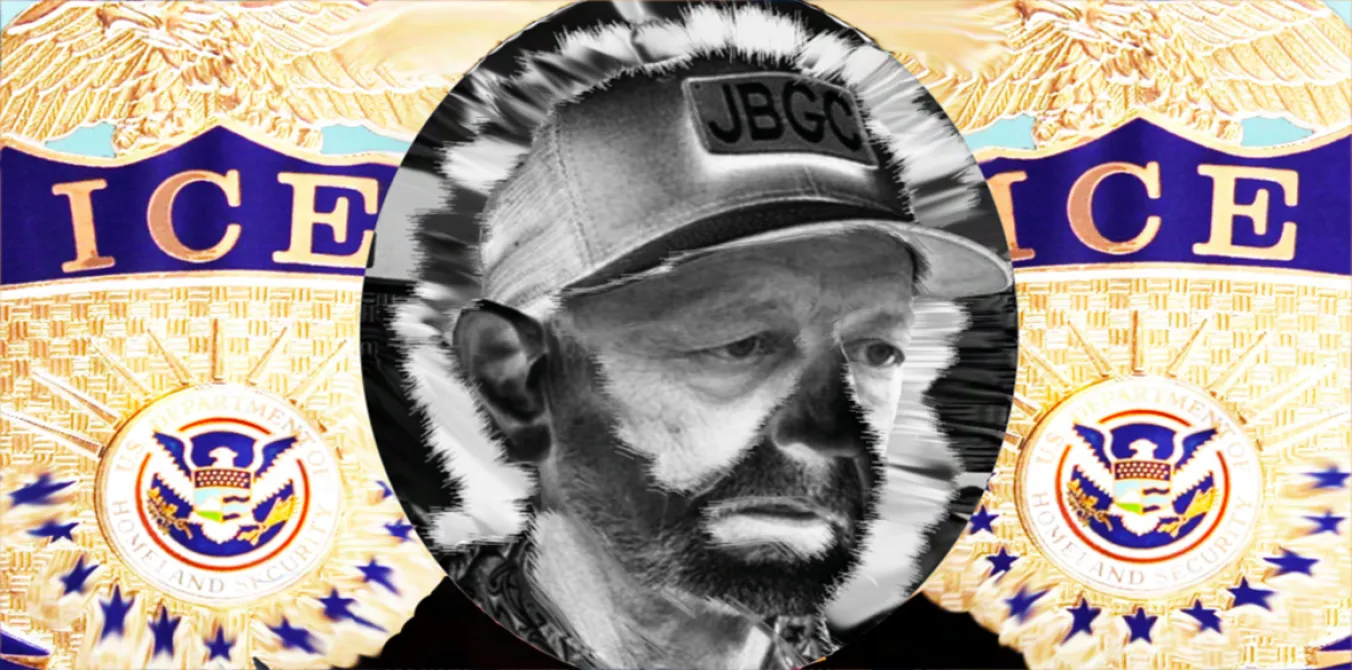
Far from being impulsive or incoherent, the anarchist’s extreme political beliefs are sadly consistent with extreme times, writes ALEXANDER NORTON
Similar stories
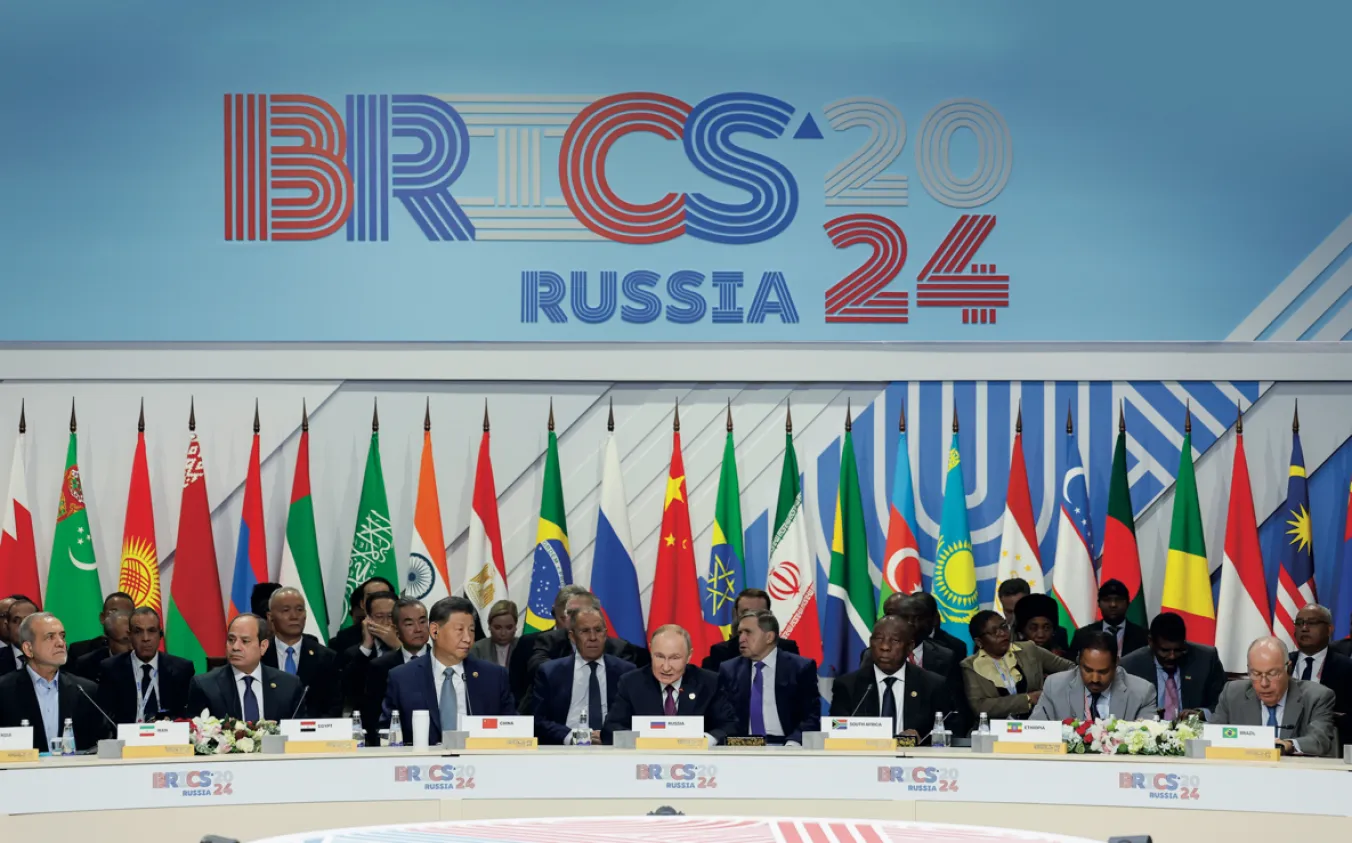
JENNY CLEGG sets out and then responds to eight key doubts about the Brics+ alliance in light of the developments at Kazan, arguing it represents a significant challenge to US hegemony and provides a path towards a multipolar world
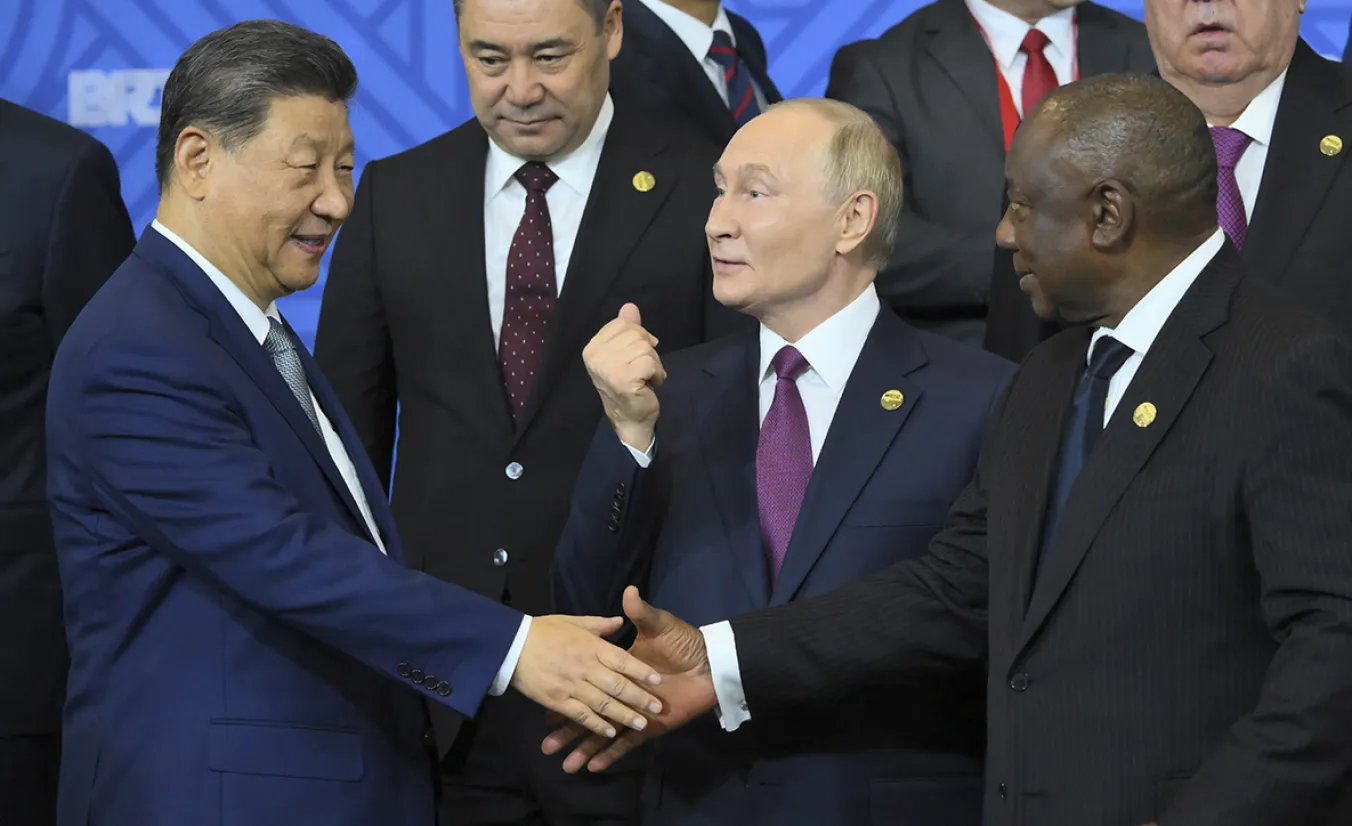
Thirty-six countries, representing over half of the global population, gathered in Russia to discuss a new financial and economic infrastructure for the world. The potential impact could be immense in the long run, writes MARC VANDEPITTE










